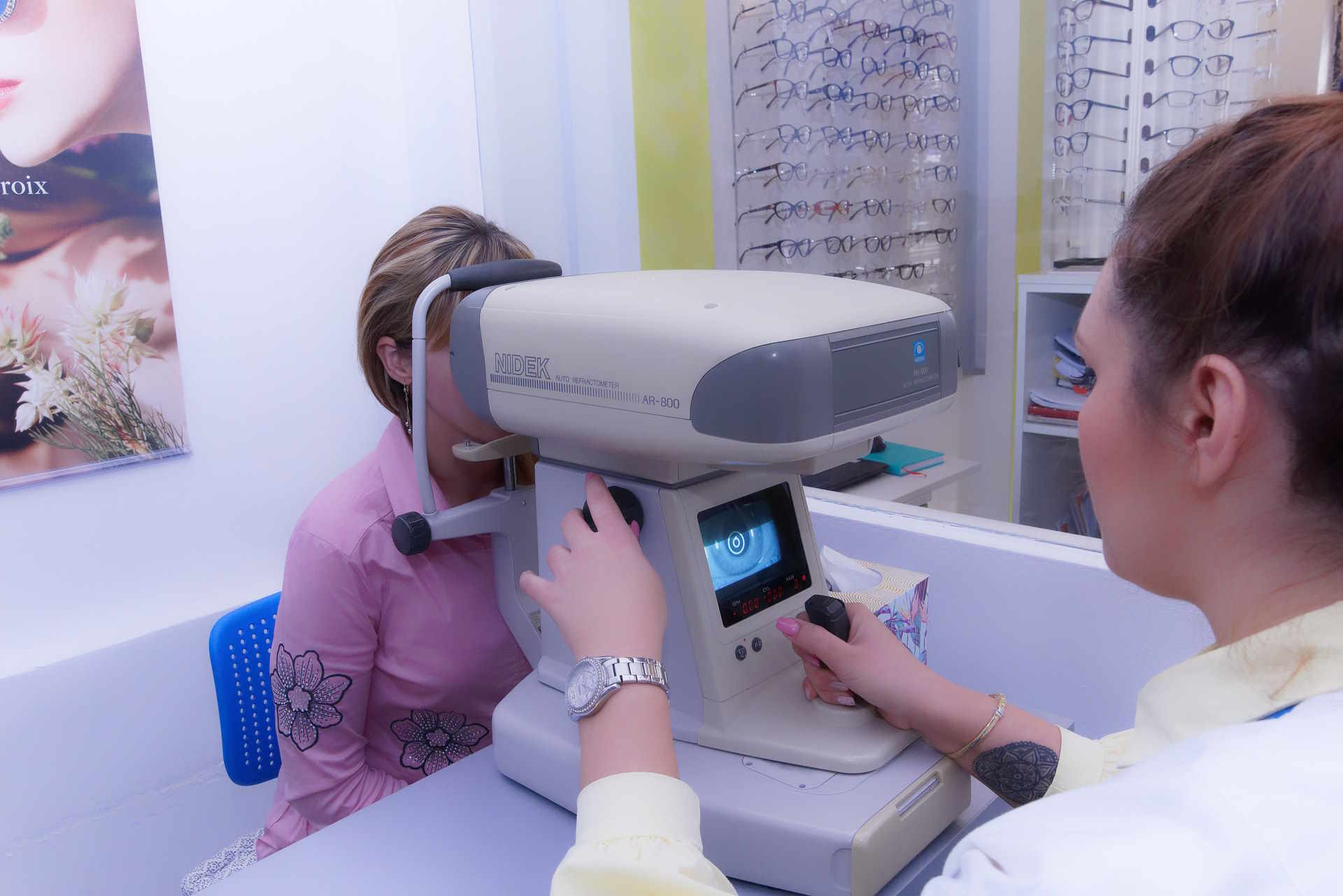Exploring Macular Degeneration Treatments and Promising New Options
Macular degeneration is a condition that can gradually affect central vision, making everyday activities like reading or recognizing faces more challenging over time. While it may feel overwhelming at first, there are a variety of treatment options available today—along with new approaches being studied—that may help manage symptoms and support long-term eye health.

What are the current treatment approaches for different stages of macular degeneration?
The treatment of macular degeneration varies depending on the stage and type of the condition. For early-stage dry macular degeneration, the focus is typically on lifestyle modifications and nutritional supplements. The Age-Related Eye Disease Studies (AREDS and AREDS2) have shown that specific combinations of vitamins and minerals can slow the progression of the disease in some patients.
For advanced dry macular degeneration, there are currently no FDA-approved treatments. However, low vision aids and rehabilitation strategies can help patients adapt to vision changes. Wet macular degeneration, on the other hand, is often treated with anti-vascular endothelial growth factor (anti-VEGF) injections. These medications, such as aflibercept, ranibizumab, and bevacizumab, can help reduce abnormal blood vessel growth and leakage in the retina.
How do lifestyle choices and nutritional support impact macular degeneration treatment?
Lifestyle modifications play a crucial role in managing macular degeneration. Quitting smoking is paramount, as smoking significantly increases the risk of developing and progressing macular degeneration. Maintaining a healthy diet rich in green leafy vegetables, fish, and colorful fruits can provide important antioxidants and nutrients that support eye health.
Regular exercise and maintaining a healthy weight can also contribute to overall eye health by improving circulation and reducing inflammation. Additionally, protecting eyes from harmful UV rays by wearing sunglasses and avoiding direct sun exposure can help slow the progression of macular degeneration.
Nutritional supplements, particularly those based on the AREDS2 formula, which includes vitamin C, vitamin E, zinc, copper, lutein, and zeaxanthin, have shown promise in slowing the progression of intermediate to advanced dry macular degeneration. However, it’s crucial to consult with an eye care professional before starting any supplement regimen.
What emerging therapies are being researched for macular degeneration?
Research into new treatments for macular degeneration is ongoing and promising. For dry macular degeneration, several therapies are in clinical trials, including:
-
Complement inhibitors: These drugs target the complement system, a part of the immune system implicated in the development of macular degeneration.
-
Stem cell therapy: This approach aims to replace damaged retinal cells with healthy ones derived from stem cells.
-
Gene therapy: Researchers are exploring ways to introduce genes that could protect against or slow the progression of macular degeneration.
For wet macular degeneration, new longer-lasting anti-VEGF treatments are being developed to reduce the frequency of injections. Additionally, combination therapies that target multiple pathways involved in the disease are under investigation.
How does early detection impact the outcome of macular degeneration treatment?
Early detection of macular degeneration is crucial for optimal treatment outcomes. Regular comprehensive eye exams can help identify the condition in its early stages, even before symptoms become noticeable. Early diagnosis allows for prompt intervention, which can significantly slow disease progression and preserve vision for a longer period.
For wet macular degeneration, in particular, early detection and treatment with anti-VEGF therapy can help prevent permanent vision loss. Patients who start treatment earlier tend to have better visual outcomes compared to those who begin treatment at more advanced stages of the disease.
What are patients and eye care professionals saying about managing macular degeneration today?
Many patients report that a combination of medical treatment, lifestyle changes, and adaptive strategies has helped them maintain their quality of life despite macular degeneration. Eye care professionals emphasize the importance of patient education and empowerment, encouraging individuals to take an active role in their eye health.
Patients often express appreciation for the advancements in treatment options, particularly for wet macular degeneration, where anti-VEGF injections have significantly improved outcomes. However, the need for frequent injections and ongoing monitoring can be challenging for some patients.
Eye care professionals stress the importance of a holistic approach to management, including regular check-ups, adherence to treatment plans, and lifestyle modifications. They also highlight the potential of emerging therapies to further improve outcomes in the future.
What resources are available for patients with macular degeneration in the United States?
In the United States, numerous resources are available to support individuals with macular degeneration. Organizations like the American Macular Degeneration Foundation and the Macular Degeneration Association offer educational materials, support groups, and research updates. Many eye care centers provide low vision rehabilitation services to help patients adapt to vision changes.
Additionally, assistive technologies such as electronic magnifiers, text-to-speech software, and specialized lighting can help individuals maintain independence. Some states offer vision rehabilitation services through their departments of vocational rehabilitation or services for the blind and visually impaired.
Local support groups, often organized through community centers or libraries, provide valuable peer support and information sharing. These resources, combined with ongoing medical care and treatment, form a comprehensive support system for individuals managing macular degeneration in the United States.
In conclusion, while macular degeneration remains a challenging condition, the landscape of treatment and management is evolving. From current therapies to promising research and comprehensive support systems, there are many reasons for patients to remain hopeful and engaged in their eye health journey.
This article is for informational purposes only and should not be considered medical advice. Please consult a qualified healthcare professional for personalized guidance and treatment.




